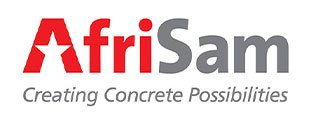

Manufacturer stresses need for quality materials during downturn

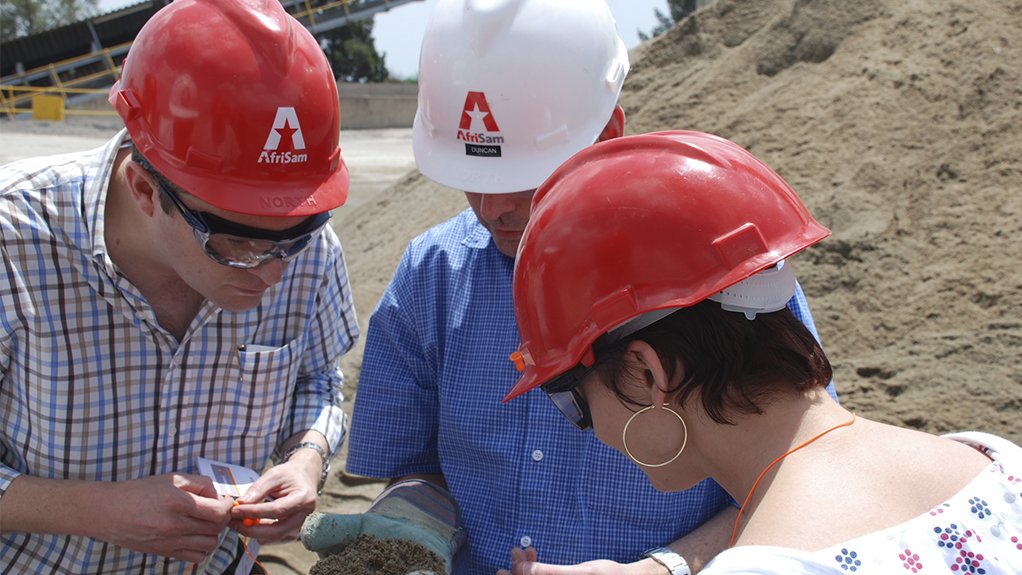
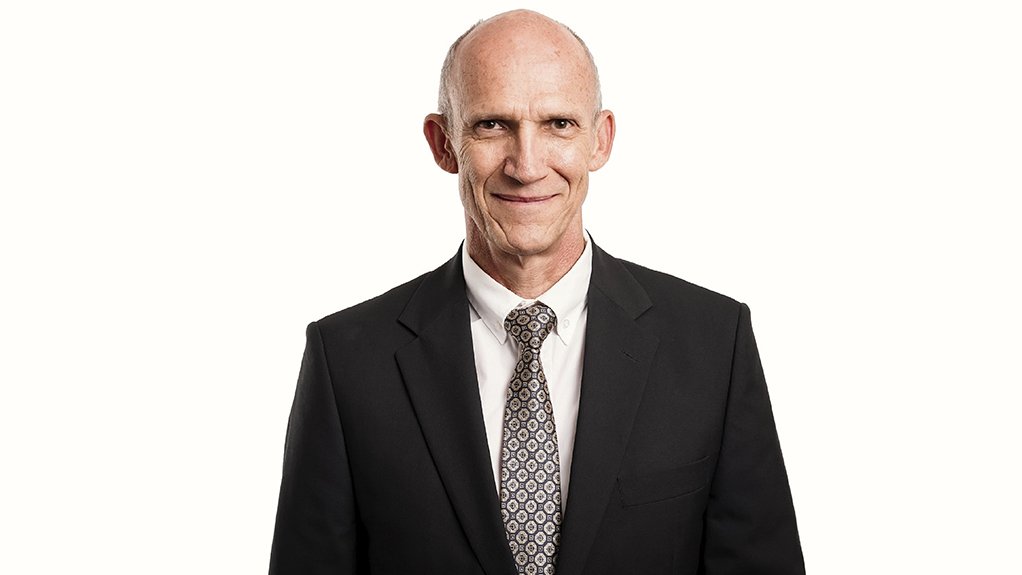
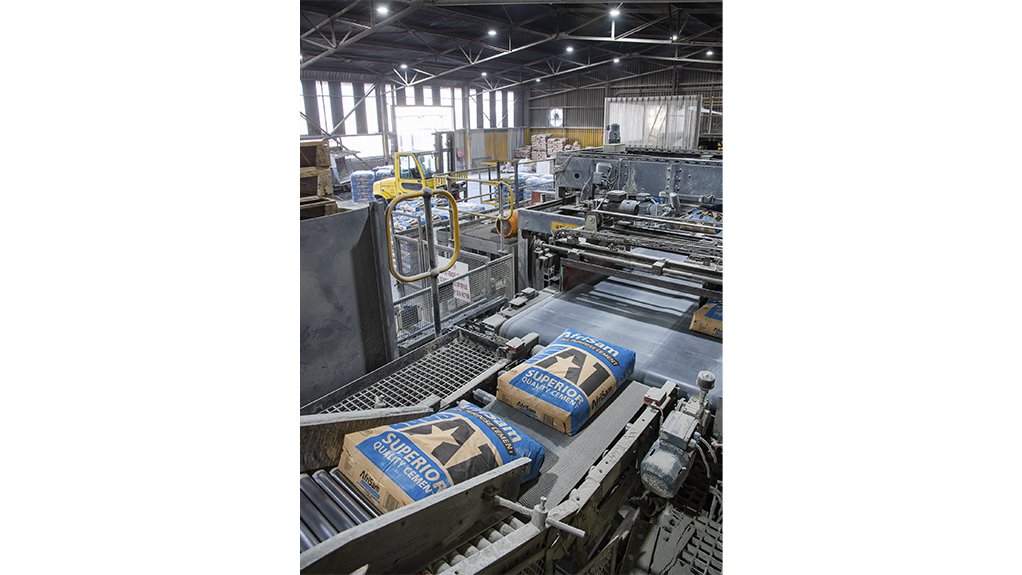
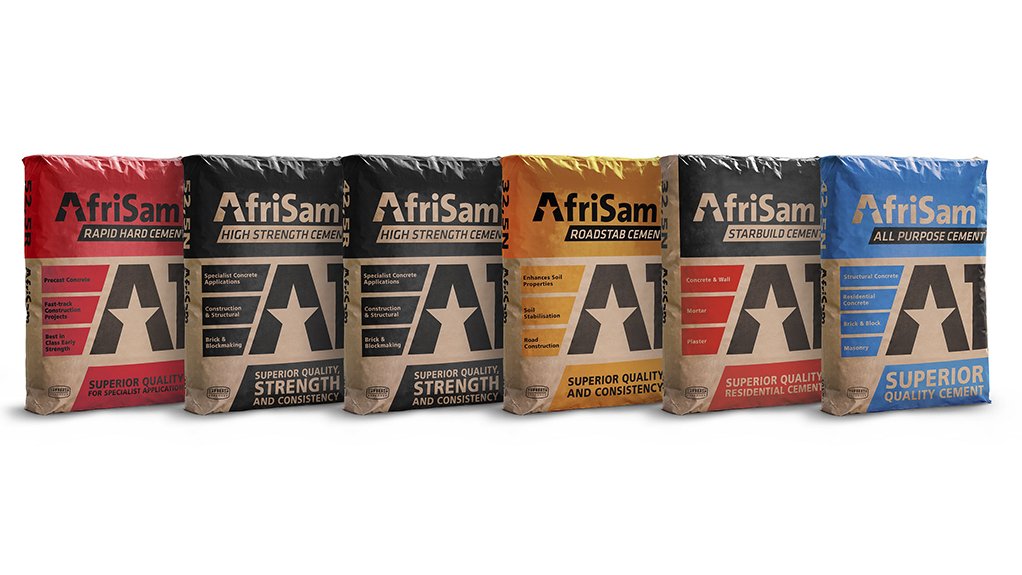

APPETITE FOR CONSTRUCTION It is important or contractors to understand the composition of construction materials, which, in turn, will ensure quality of construction projects
HANNES MEYER AfriSam Cementitious Executive
ESTABLISHING CONSISTENT QUALITY Contractors will achieve better value in the project if they correctly use premium products
PRODUCT RANGE AfriSam manufactures composite cements with specialised characteristics for specific applications
SPECIALISED TECHNICAL SUPPORT AfriSam’s technical consultants offer specialist advice to customers, including advice on cement products and their correct application
Amid strained economic conditions, contractors are opting to buy cheaper and lower-quality building materials, such as cement, to reduce costs, which cement manufacturer AfriSam cementitious executive Hannes Meyer argues is short-sighted and can lead to numerous issues.
He emphasises the importance of contractors understanding the composition of construction materials, which, in turn, will ensure the quality of construction projects.
“If contractors use the right product, their yield will be more to start with, and the final quality of work will be much better. They will reduce timeframes and reduce costs because they are using the cement correctly. The full cost of ownership, therefore, becomes less than when using a cheap product.”
Meyer acknowledges that the construction industry has been in decline since 2012, and that the impact of Covid-19 has resulted in “dire consequences for the industry”.
He highlights statistics published by news organisation Business Wire in April, which show that the construction industry lost about 259 118 jobs from the third quarter of 2019 to the third quarter of 2020. Year-on-year, 2020 resulted in a 16.5% contraction in the industry.
After lockdown Level 4 ended in May last year, there was a recovery in demand for bagged cement from retailers. While growth of about 6% is expected in 2021, Meyer says this is from a very low base.
“The industry might grow only marginally between 2021 and 2024 at about 1% a year. Growth is also restricted by government focusing on fiscal consolidation. Construction growth depends on government spend and economic growth – without this, the construction industry will remain muted.”
Meanwhile, government announced a ten-year Infrastructure Investment Plan worth R2.3-trillion in June last year. Given the need for infrastructure, Meyer says AfriSam will look to contribute to the building of new infrastructure, as the company “remains committed to helping create concrete possibilities, as we have been doing for the last 87 years”.
He also stresses that costs, including those for raw materials, labour, electricity and coal, have increased at levels well above inflation in most instances for the industry.
Challenges in the local railway network, owing to among others cable theft and vandalism, have forced AfriSam to use road trucks to transport its products at short notice, which, together with increasing fuel prices, has further increased costs.
“Amid these challenging circumstances, bidding for projects gets more competitive. Contractors are trying to survive, which they do by ensuring that they secure jobs by being the cheapest bidder and offering shorter project timelines. This results in their looking for perceived cheaper, alternative materials.”
Meyer states that using perceived cheaper materials could result in longer timelines to complete a project due to rework and increased maintenance costs in the long term, as well as potential environmental and reputational risks, should a structure collapse.
He adds that contractors will achieve better value in their project if they correctly use premium products, such as cement and readymix, that contain high quality raw materials.
AfriSam manufactures composite cements with specialised characteristics for specific applications, and by understanding the specific applications of these types of cement, users can get the best value and best performance from the cements.
Further, the company offers technical support to customers through its Centre of Product Excellence, technical brochures, in-house training and online assistance.
“We offer training on the correct use and application of cement. Our technical consultants offer specialist advice to customers such as concrete product manufacturers. The centre also provides advice on cement products and their correct applications.”
Quality Processes
Meyer states that quality is established and maintained throughout AfriSam’s cement production processes.
This starts with the chosen raw materials through an exploration, drilling and subsequent analysis programme for a potential source of limestone. From this data, a short-, medium- and long-term mining plan is drafted.
Up-to-date face advance maps are used to check whether enough suitable quality limestone is available. Before blasting of the material occurs, every blast hole is sampled to allow for the correct blending of varying qualities.
Online gamma metrics analysers monitor quality in real time and allow for adjustments when required, while stockpiles and blending beds allow for the homogenisation of the limestone with other raw materials.
“Corrective materials, such as shale, boiler ash and iron-ore, are analysed before being ratioed and milled with limestone to manufacture raw meal. Further blending of the raw meal takes place in blending or homogenisation silos, and coal is also tested before use.”
All the input materials are tested to manufacture the final cement product. Such materials include clinker, an intermediate product; gypsum and other chemical admixtures that are either tested on site or by external certification authorities.
Final cement products are also sampled and tested on an ongoing basis. All operations are ISO 9002-accredited, with AfriSam’s products carrying the SABS mark.
These quality processes are made possible with the technical equipment AfriSam uses, including X-ray fluorescence machines, prompt gamma neutron activation analysers, bomb calorimeters, equipment supplier LECO carbon analysers, thermogravimetric analysis equipment and particle size distribution analysers.
“This is to give customers the peace of mind that the materials used and final products sold are manufactured to international standards, and to deliver products to our customers with superior consistency in performance, including strength development, setting time, workability and durability, while having the lowest possible impact on health, safety and the environment,” Meyer concludes.






